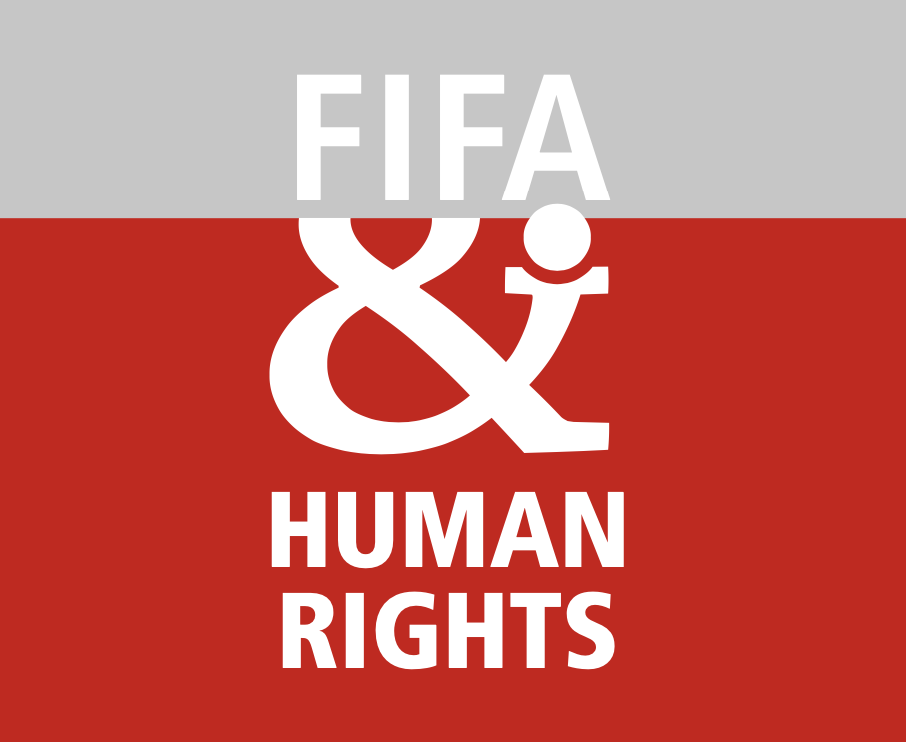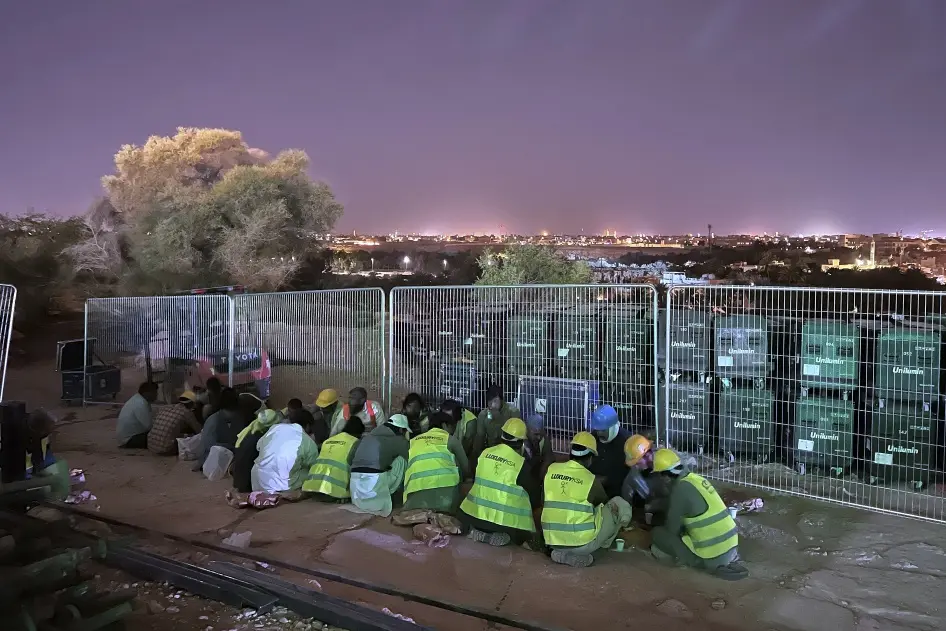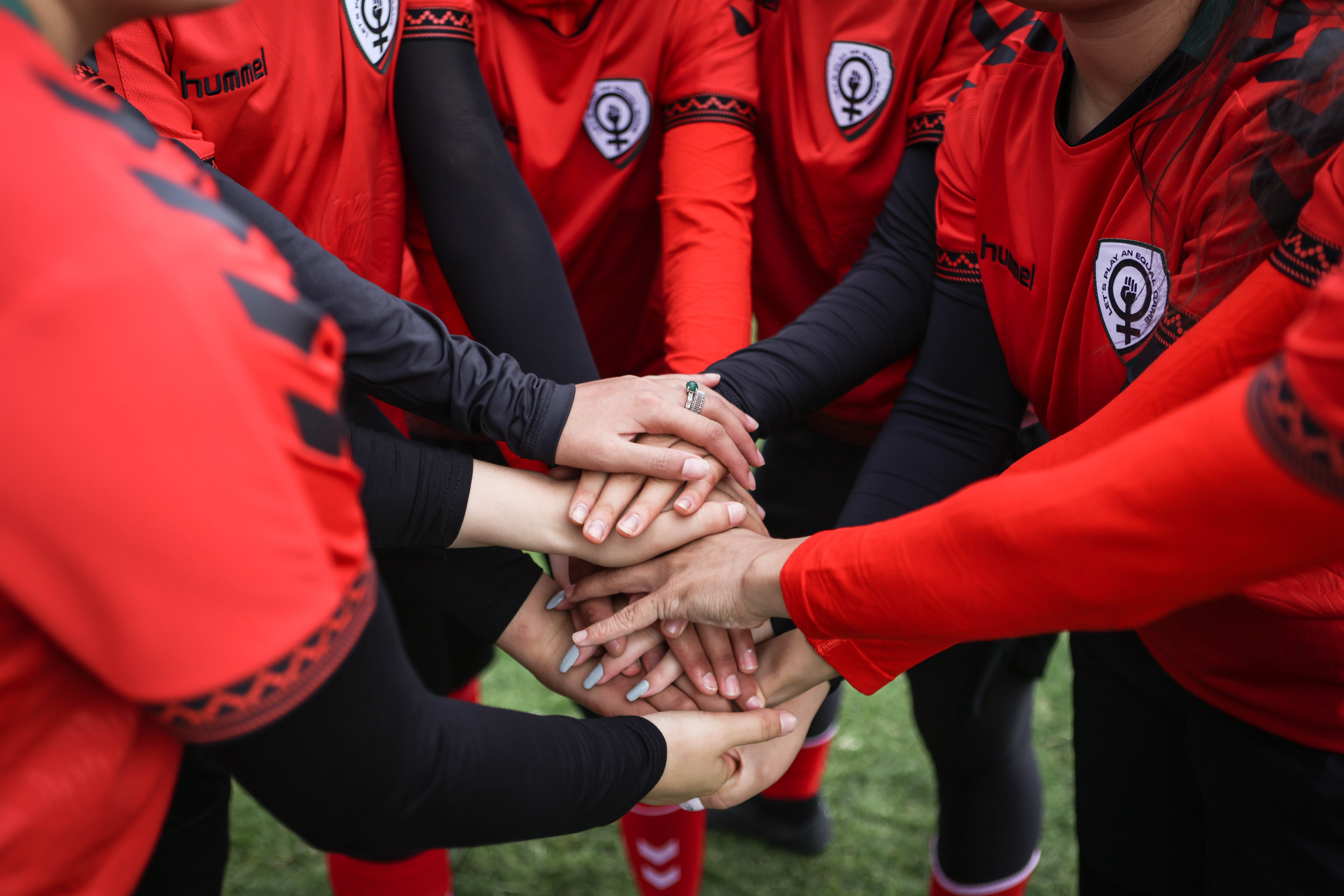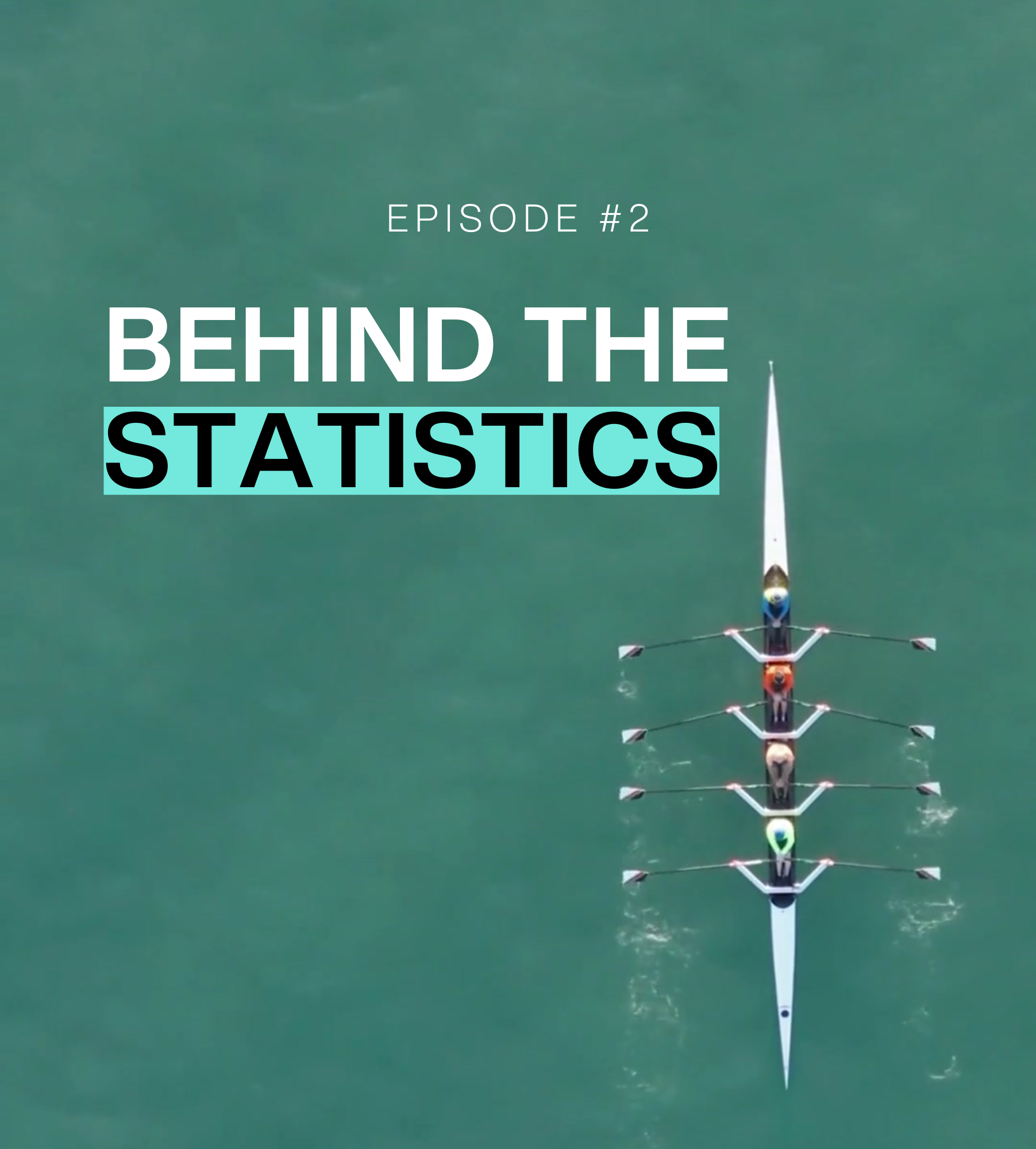In December 2015, FIFA asked John G. Ruggie to develop recommendations on what it means for FIFA to embed respect for human rights across its global operations. The authoritative standard for doing so is the United Nations Guiding Principles on Business and Human Rights (“UNGPs”), endorsed by the UN in June 2011, of which he was the author. This report first lays out the relevant human rights context for FIFA, and then presents 25 detailed recommendations for action. They fall broadly under three areas of necessary change:
- From Constitution to Culture: FIFA needs to translate its commitment to respect human rights, included in its new Statutes, into its daily actions and decisions. This includes:
- Setting clear expectations for the work of all parts of the administration and equipping and resourcing staff to deliver;
- Ensuring that these efforts are fully reflected in and supported by decision-making on the part of FIFA’s leadership and governing bodies.
- From Reactive to Proactive: FIFA needs stronger internal systems to address the increasingly predictable human rights risks associated with its business. This includes:
- Evaluating the severity of risks to people across both its activities and its relationships;
- Building and using its leverage to address these risks as determinedly as it does to pursue its commercial interests.
- From Insular to Accountable: FIFA needs to provide greater transparency in managing human rights risks and improve access to remedy. This includes:
- Routinely discussing key issues with external stakeholders, including those whose human rights are at risk, and disclosing its efforts and progress in addressing challenges;
- Ensuring that access to remedy for human rights harm associated with FIFA is available not only on paper but also in practice.







